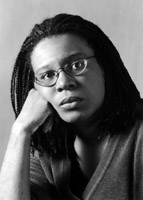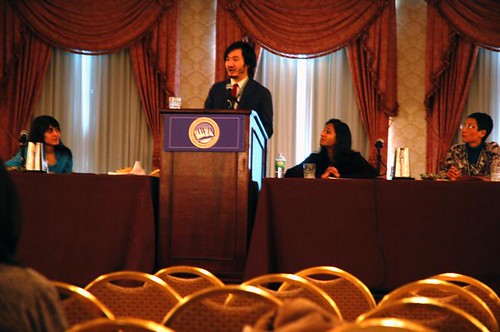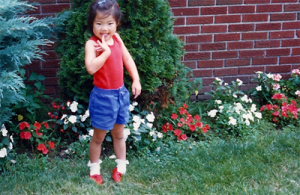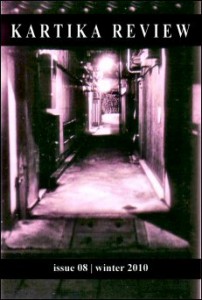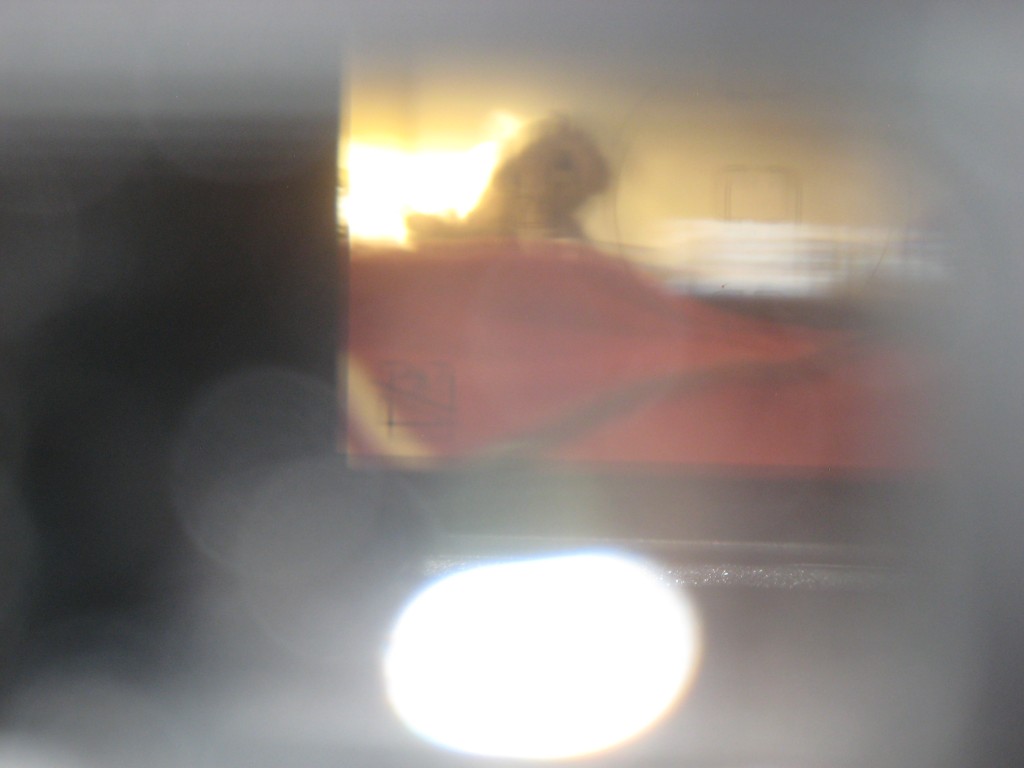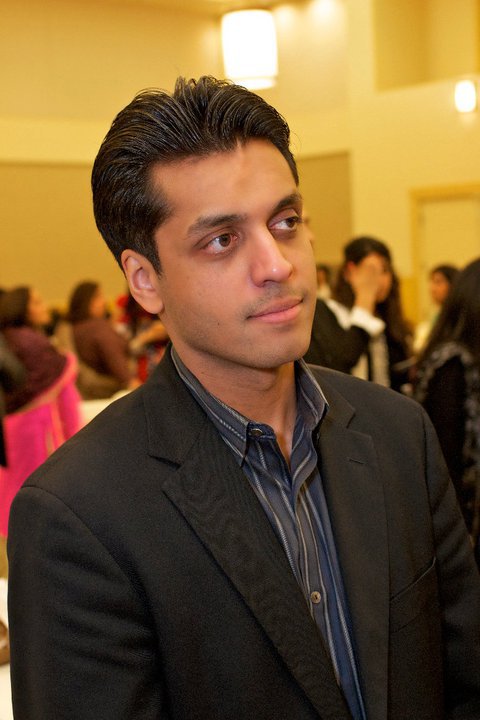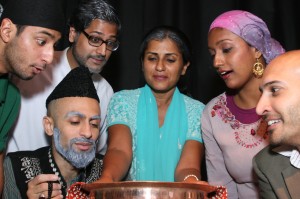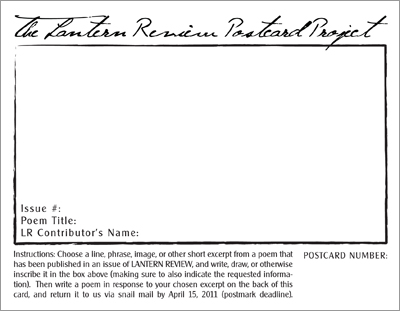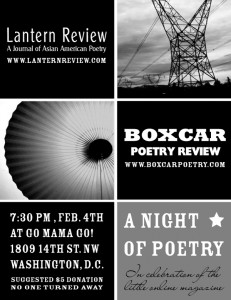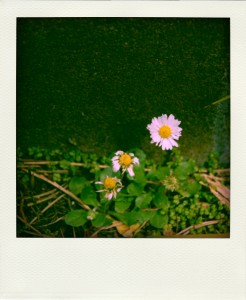
This week in my intro comp class, my students read a chapter from Natalie Goldberg’s book Writing Down the Bones, in which she urges aspiring writers to use specific language in their descriptions, arguing that, just as a person deserves the dignity of being called by the name that is unique to them, an object, an idea, or whatever it is that becomes the subject of one’s writings, also deserves the dignity of specificity (77).
I like this idea—that to write specifically is not only to render a subject more vividly, but it is to render that subject with an ethical hand: truthfully, respectfully, with acknowledgment of its dignity. There is much talk in the arts of how to create ethically, with genuine concern for the dignity and humanity of the subjects that we handle in our work. I like the idea that to write ethically involves more than paying attention to the greater political implications of our words; that such concerns are extremely important, but that as writers, in order to render these themes well, we also have a responsibility to pay close scrutiny to the elements of craft—if we are not paying careful attention to the colors and tonalities of our words, to the very palette with which we wield our art, then we are not honoring the subjects of our writing, either. How that attention to detail pans out, of course, will be very different in every case (there is, in my opinion, no monolithically “correct” definition of, or approach to, solid craft). But the idea that the attention and respect which a writer pays to his or her subject will be conveyed in the detailed inflections of his or her work seems very wise to me, indeed.
